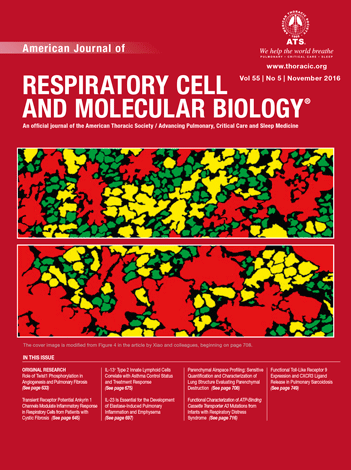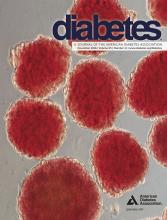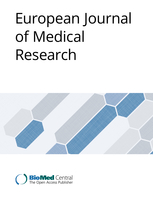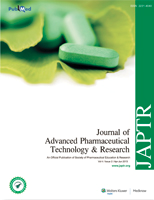 Two former researchers at Duke University at the center of a lawsuit by a whistleblower to recoup millions in federal funding have lost yet another paper.
Two former researchers at Duke University at the center of a lawsuit by a whistleblower to recoup millions in federal funding have lost yet another paper.
This is hardly the first retraction for Erin Potts-Kant, who used to work in the pulmonary lab of now-retired William Michael Foster. Earlier this year, a lawsuit filed by a former colleague of Potts-Kant and Foster was unsealed alleging that the pair — along with the university — included fraudulent data in materials involving more than 60 grants, worth hundreds of millions of dollars.
That is the legal side of their story. The science publishing side is that Potts-Kant and Foster have been steadily adding to their list of retractions — this paper represents her 16th, and his 13th.
Here’s the notice for “Nitric oxide mediates relative airway hyporesponsiveness to lipopolysaccharide in surfactant protein A-deficient mice:” Continue reading Former Duke researcher at center of lawsuit lodges 16th retraction
 Researchers have retracted their third paper due to missing original data, following an investigation at their former institution in New York.
Researchers have retracted their third paper due to missing original data, following an investigation at their former institution in New York. 



 In a massive cleanup, Springer and BioMed Central announced today they are retracting 58 papers for several reasons, including manipulation of the peer-review process and inappropriately allocating authorship.
In a massive cleanup, Springer and BioMed Central announced today they are retracting 58 papers for several reasons, including manipulation of the peer-review process and inappropriately allocating authorship.

